President Muhammadu Buhari recently appeared to express exasperation with the thumbs down his government has stridently received owing to the security situation in Nigeria. He insists that his government has done its best in tackling the menace.
Buhari spoke in Abuja, January 14, during a visit to the State House by a leading Algerian Islamic Cleric. He also expressed hope that God would hear the country’s prayers on insecurity. While enjoining Nigerians to show more interest in their own security affairs, the president used the pre-2015 security situation in Nigeria as a reference point to give a pass mark to his own government.
Join our WhatsApp Channel
Well, one only needs to agree with the president that more needs to be done despite the present ‘efforts. Or how can Nigerians accept the present situation as the best that can be offered?
The president was also right in asking citizens to show more interest in security. Unfortunately, he did not give suggestions on how this can be possible when the federal government seems to be repudiating well-meaning measures to allow sub national governments and locals put in their utmost to arrest insecurity.
Many state governors, local government chairmen and town unions have, in the past, shown how constrained they were in tackling insecurity due to poor cooperation from security agencies. This is aside the holdup occasioned by the chain of command in the exclusively executive-controlled security apparatus in Nigeria. The consequence is that ordinary Nigerians watch helplessly as criminals afflict them. They talk about it, fear the worst, and listen to preachments from the police, who sit on top of security situations, while bandits are down below administering mayhem.
The difficulty in handling farmer-herder crisis boils down to who controls the apparatus of security.
Since 2018, Governor Nyesom Wike has been asking the federal government to move in to arrest operators of illegal refineries and oil bunkerers, to stem the (black) soot enveloping Rivers State.
Similarly, Babajide Sannwo-Olu, governor of Lagos State was recently told blankly by a Chief Superintendent of Police (CSP) in Lagos that his men (the police) would take orders from Abuja, not from the governor. The governor had asked a team of policemen to leave an estate after residents cried out about a large presence of armed policemen.
Reacting to the incident, Ondo State’s Governor Rotimi Akeredolu, the chairman of southwest governors’ forum, said about a video showing the disrespect of the CSP: ‘The content of the video is very disconcerting, and this is being charitable. The utter disrespect, which underlines the response of the officer to the governor establishes, beyond doubt, the impracticability of the current system dubiously christened “federalism.” Governor Akeredolu shuddered at the “disgraceful exchange between a police officer, a CSP, and the governor of Lagos State…, the “supposed Chief Security Officer of the State.”
The point, therefore, is that Nigeria can transit from ‘wishy’ optimism to realism by appropriately empowering governors to take optimal and practical responsibility for security in the states. Some Nigerians now believe that it is hard not to question the intentions of a government that serially rebuffs appeals for better state policing.
Similarly, much of Nigeria’s security problem has been attributed to bad roads. The ugly highways, apart from taking over 2000 lives in 2021 alone, also support the intentions of bandits, kidnappers and armed robbers who halt commuters easily as vehicles trudge on impassable roads. It is hard to understand prayers for safety on the roads without concomitant efforts to refurbish them and drastically reduce the ability of bandits to inflict insecurity with aplomb.
Of Nigeria’s 195, 000-kilometre road network, only about 60,000 kilometres have been paved in its long history of road repairs and construction, leaving about 70 percent unpaved. This means that, despite successive yearly allocation to road construction and maintenance, Nigeria still faces inadequate road infrastructure.
In 2021, the Federal Government allocated nearly half a trillion naira (N460 billion) to construct and rehabilitate roads its six geopolitical zones.
For the 2022 budget, the House of Representatives had asked to increase budget for road rehabilitation to N500 billion, up from the N240 billion allocated, with what the government said were N640 billion outstanding certificates to contractors.
States and the private sector have great and cost-effective roles to play in addressing insecurity. They can be jointly and severally allowed to provide security and to repair bad roads within their zones with an arrangement that can encourage such investments.
For example, tolls can be used to cover costs and to maintain the roads. Many so-called federal roads in Nigeria degenerated to death traps when the Nigerian system dissuaded governors from refurbishing them.
In the same vein, there are many private security outfits elsewhere in the world. Such efforts can be replicated in Nigeria in partnership with the various strata of governments for local security.
Electricity is another area where the federal interest is compromising national security interests. Universities, companies and financial institutions can partner government to innovate in the electricity sector, instead of allowing the federal government to be jack of all trades and master of none.
The central government in advanced countries is saddled with international diplomacy, boosting trade and foreign direct investments, tourism attraction, among others. There is then an internal arrangement for domestic affairs as we have in Nigeria.
The federal government’s overbearing interest in construction of roads, provision of electricity, local security, and many others may be distracting it from bigger national and international assignments. The relative success with the privatized electricity distribution and generation companies should extend to electricity transmission. Need we talk about the direct connection between poor electricity supply around Nigeria and the ease with which hoodlums attack communities at night around the country?
We, at Prime Business Africa, insist that the federal agencies must show clear conscience and prioritization of national interest to disprove many conspiracy theories now trending about the security intentions of the federal government.
The Nigerian government and political office holders must begin to find courage to discuss the now controversial 1999 Constitution as amended and bring Nigerians together to decide on a more workable document that will recognize the inalienable rights of citizens and sub-national governments in the sphere of wealth creation and distribution for effective national development.
There is no better time than now that the country is looking to hold a make or mar election in 2023.

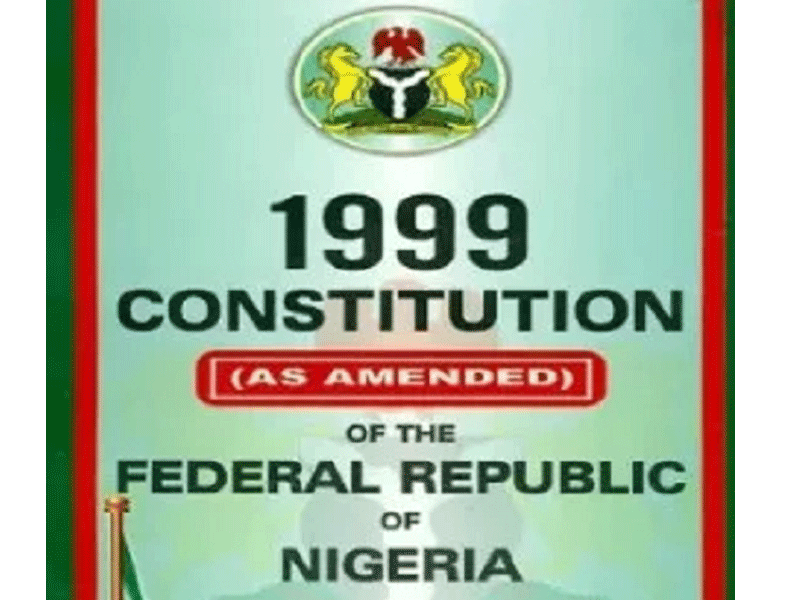








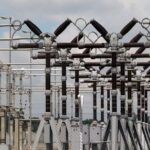
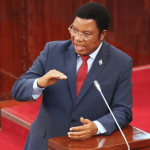
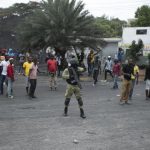

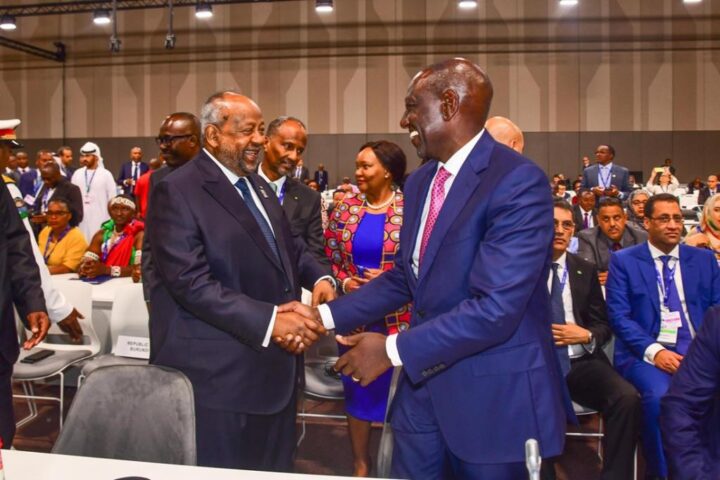
![Gender Activism An Economic Necessity In Africa [PBA Editorial]](https://www.primebusiness.africa/wp-content/uploads/2023/11/vaw-720x480.png)
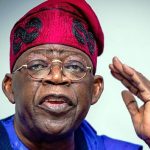
Follow Us